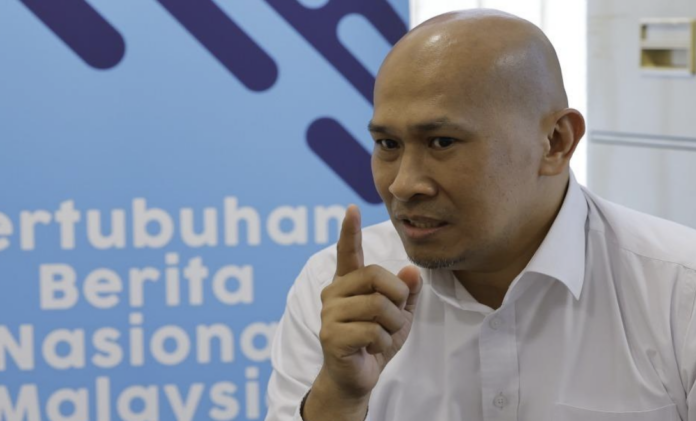PUTRAJAYA, April 16 – Ongoing tensions in the Middle East, with the potential for further escalation, are poised to drive crude oil prices higher – a development that could significantly benefit net-exporting oil-producing countries, according to economists.
Bank Muamalat Malaysia Bhd chief economist Mohd Afzanizam Abdul Rashid said he anticipated a favourable performance for the oil and gas sector as prices are expected to remain elevated.
“These higher prices would also likely incentivise oil majors to ramp up exploration and production,” he remarked in response to recent events, including Iran’s attack on Israel.
As of the time of writing, West Texas Intermediate crude traded at US$89.98 per barrel (US$1 = RM4.77), with Moody’s projecting an additional US$5 per barrel to be added to the risk premium, potentially pushing oil prices into the range of US$90 to US$95 per barrel.
Two scenarios emerge from this juncture, said Mohd Afzanizam.
The first, and more probable, involves a measured and restrained response from Israel, in alignment with pressure from US President Joe Biden and the broader global community, thus leading to a gradual fading of the US$10 per barrel risk premium over the ensuing weeks.
Alternatively, he said a more aggressive Israeli response to the attack could escalate the conflict, potentially propelling oil prices above US$100 per barrel.
Echoing Mohd Afzanizam’s views, former Malaysian Institute of Economic Research (MIER) chief executive Professor Emeritus Datuk Zakariah Abdul Rashid anticipates a boost in the federal government’s revenue through increased export values.
However, Zakariah acknowledges Malaysia’s status as a net importer of petroleum products, whereby the public may bear the brunt of higher oil prices.
“Therefore, retail customers will also feel the increase in the price of more expensive oil regardless of whether it is RON 95 or RON 97,” he said.
In addressing this concern, Zakariah, in an interview on Astro Awani recently, suggested the strategic use of subsidies to mitigate the impact on consumers, leveraging the government’s surplus revenue from increased export values and rising crude oil prices.
On this aspect, Mohd Afzanizam also advocates for targeted subsidy programmes, highlighting the need to address issues such as smuggling while acknowledging the government’s progress in reform efforts.
















